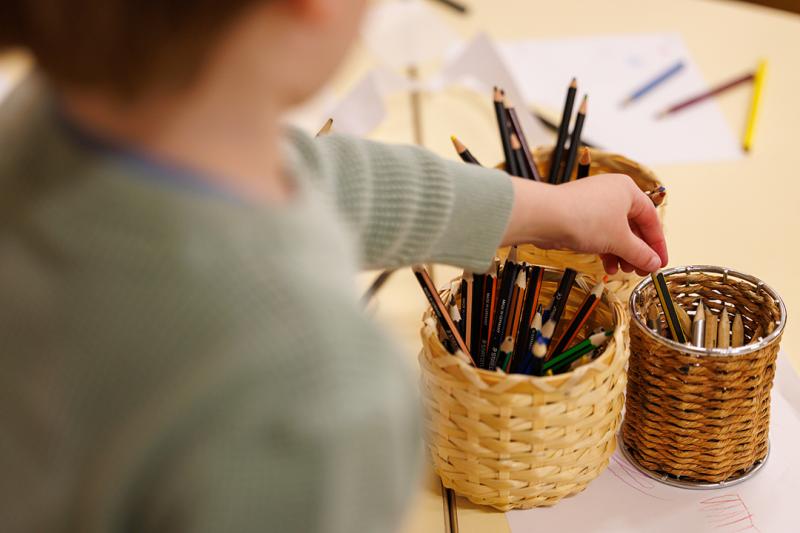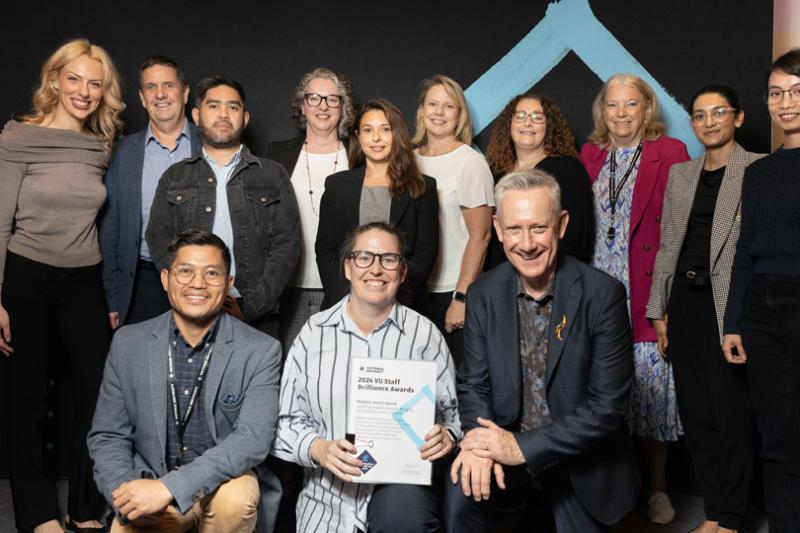Investment in children’s future risks being short-changed

State and territory governments working to boost early childhood education and care (ECEC) risk having their investments short-changed if the federal government upholds plans to stop support for preschool.
Mitchell Institute at Victoria University Director, Megan O’Connell, warns that recent efforts by state and territory governments to introduce ECEC for three year olds will be in vain if the national agreement for preschool is abolished.
She said it is “extremely dangerous” that the federal government plans to strip funding from preschool and ignore substantial evidence of quality early learning being one of the most effective strategies to stop young people disengaging from education – an issue costing Australians billions of dollars every year.
“This week the ACT government committed to giving all three year olds quality early education and NSW has announced steps to bring more three year olds into programs as well,” Ms O’Connell explained.
“It is clear that more people are heeding the evidence and responding to calls for better early education for all children but without national support, many children will still be let down.
“Australia has made huge gains in early education through an agreement supporting four year olds to go to preschool but the federal government has quietly noted that this will finish by mid 2020.
“We know that quality education in the early years is at least as important as school – this is no longer contested. So how can we accept throwaway commitments from governments in this area?”
The ECEC sector cautiously celebrated this week when the ACT government announced it will provide universal early education for three year olds – a policy Mitchell Institute has advocated for extensively, including by publishing a landmark report called Two years are better than one.
However providing early education to three year olds – and bringing Australia closer in line with most OECD countries – will only be effective if children continue to attend preschool programs once they turn four.
Australia is currently performing well when it comes to four year old preschool but the most recent federal government Budget Papers say the partnership responsible for delivering this will end in June 2020. They also note that ending support for preschool will save almost half a billion dollars each year by 2022.
Ms O’Connell said the costs of denying children access to preschool are far greater than the saving, saying modelling shows young people who miss out on education are costing governments billions each year. She described the intention to conclude the National Partnership Agreement on Universal Access to Early Childhood Education as “simply extraordinary and short-sighted”.
“Access to high quality preschool is one of the few strategies proven to lift outcomes for all children.
“Letting go of preschool means more children starting school when they’re not ready, more pressure on teachers to address learning issues, more young people struggling to learn or work and more taxpayer money needed to support disengaged communities.
“When it comes to setting up our youngest Australians for success we need governments to lead, not let go.”



